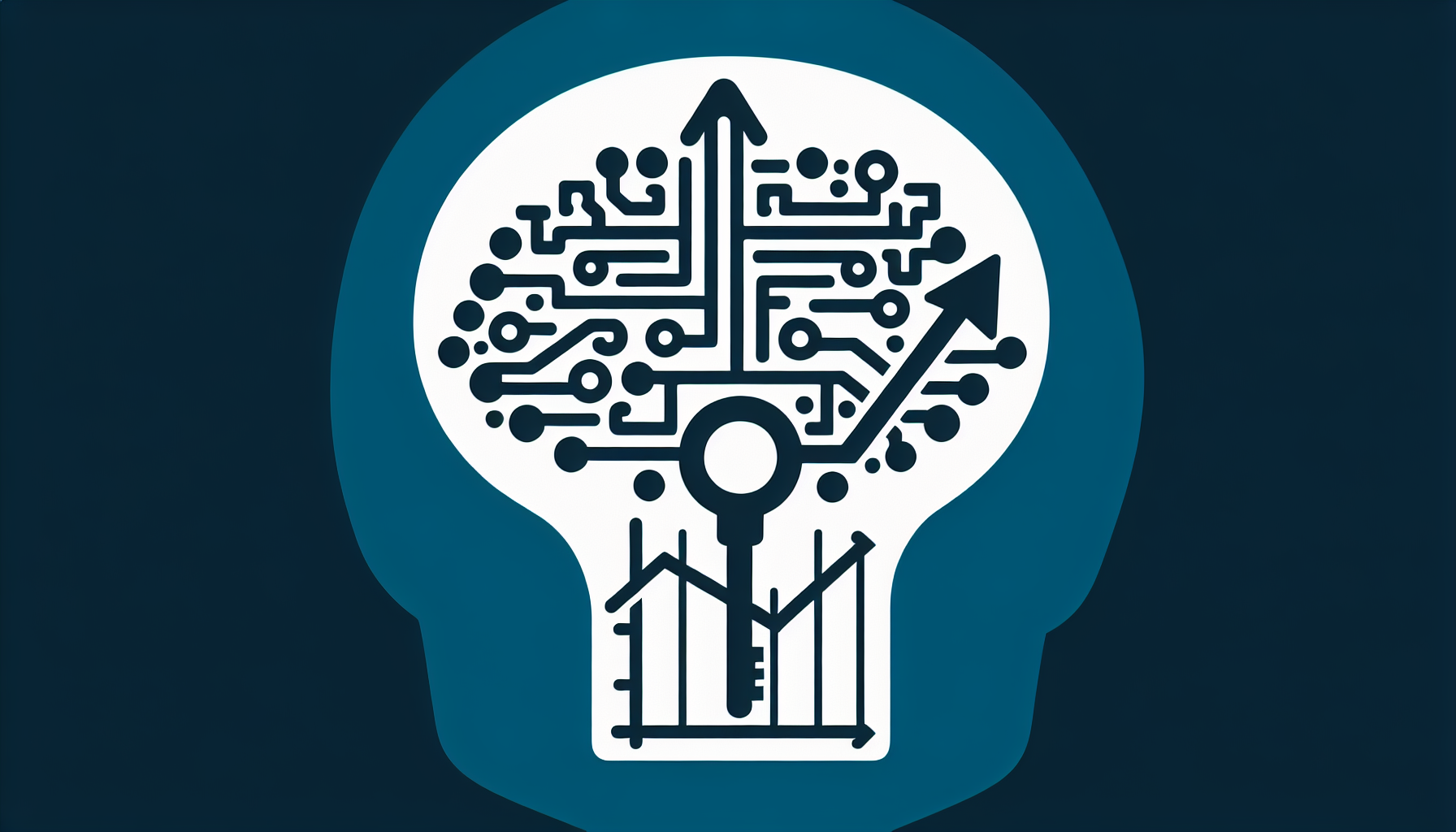Understanding AI in Business
Artificial Intelligence (AI) refers to the simulation of human intelligence through computer systems. In the business landscape, AI plays a crucial role in optimizing processes, enhancing productivity, and enabling data-driven decision-making. By leveraging AI, companies can unlock untapped potential, thereby aligning their operations with strategic goals and exceeding business objectives.
The Role of AI in Data Analysis
Data-driven decision-making is integral to modern business strategies. Companies today generate vast amounts of data from various sources, including customer interactions, sales, and market trends. AI-driven data analytics tools enable businesses to sift through and analyze these vast datasets quickly and accurately. Machine learning algorithms can identify patterns, predict outcomes, and offer insights that human analysts may overlook.
By employing AI in data analysis, organizations can:
- Enhance Decision-Making: AI identifies actionable insights that guide strategic decisions.
- Reduce Costs: Automating data processing minimizes human error and saves time.
- Drive Innovation: Analyzing market trends can lead to new product development or service enhancements.
Improving Customer Experience with AI
AI technologies like chatbots and virtual assistants have revolutionized customer service by providing 24/7 support. These tools handle customer inquiries efficiently, offering personalized responses based on the history and preferences of individual consumers. Here are several ways AI enhances customer experience:
- Personalization: AI systems analyze consumer behavior to provide tailored recommendations, enhancing user engagement.
- Efficiency: Automated responses to common queries allow human agents to focus on more complex customer needs, improving service speed.
- Predictive Analytics: By analyzing past interactions, AI tools can forecast customer needs and preferences, leading to higher satisfaction rates.
AI in Marketing Strategies
AI transforms marketing strategies by enabling targeted campaigns and customer insights. Through AI-driven analytics, companies can segment their audiences more effectively, crafting personalized marketing messages that resonate. Notable applications include:
- Content Creation: AI tools can generate engaging content tailored to specific audiences, streamlining marketing efforts.
- Ad Targeting: AI algorithms analyze user data to predict which advertisements will resonate with particular demographics, maximizing ROI.
- Campaign Optimization: AI continuously analyzes campaign performance data, making real-time adjustments to improve efficacy.
Workforce Productivity and AI
Integrating AI solutions in workflows enhances employee productivity and streamlines operations. From automating repetitive tasks to optimizing workforce allocation, AI changes how teams function. Here are the key advances:
- Task Automation: AI tools take on mundane tasks such as data entry and scheduling, freeing employees for more critical projects.
- Resource Allocation: Predictive analytics help managers allocate resources efficiently, ensuring the most urgent priorities get the attention they require.
- Employee Training: AI-driven training platforms offer personalized learning experiences, identifying skills gaps and tailoring educational resources effectively.
Operational Efficiency Through AI
AI enhances operational efficiency by optimizing processes and reducing waste. With AI-powered tools, companies can automate supply chain management, inventory control, and demand forecasting. Key benefits include:
- Process Automation: Routine tasks across departments can be automated, reducing human error and ensuring consistency.
- Supply Chain Optimization: AI algorithms analyze market trends to predict demand fluctuations, enabling proactive adjustments in inventory levels and reducing excess stock.
- Financial Forecasting: AI tools analyze historical financial data to predict future trends, helping companies manage budgets and investments effectively.
Setting and Achieving Goals with AI
While AI has considerable benefits, companies need to establish clear objectives to harness its full potential. This involves:
- Defining Key Performance Indicators (KPIs): Setting measurable goals enables businesses to track progress accurately.
- Integrating AI with Business Strategy: Aligning AI initiatives with company objectives ensures technologies serve overarching goals.
- Continuous Improvement: Regular reviews of AI performance metrics help organizations refine strategies and enhance future efforts.
Ethical Considerations in AI Implementation
As companies leverage AI, ethical considerations surrounding data privacy and algorithmic bias must be at the forefront of discussions. Implementing AI responsibly involves:
- Transparency: Communicating how data is collected and used builds trust with customers.
- Bias Mitigation: AI systems must be trained on diverse datasets to reduce bias and ensure fair outcomes.
- Compliance: Adhering to laws and regulations concerning data usage prevents legal complications and fosters ethical practices.
The Future of AI in Business
As technology advances, AI will become further integrated into business operations, offering even more sophisticated tools for analysis, marketing, and customer engagement. Emerging trends include:
- Augmented Reality (AR) and AI: Combining AI with AR enhances training, marketing, and customer experiences.
- Voice Search Optimization: With AI-driven voice recognition advancements, companies must adapt their SEO strategies to cater to voice search.
- Sustainable Practices: AI will support sustainability initiatives by optimizing resource use and reducing waste.
Measuring Success with AI
Measuring the success of AI initiatives requires clear metrics and frameworks. Organizations should focus on:
- Performance Metrics: Assessing the impact of AI on KPIs, such as customer satisfaction and operational efficiency, provides insight into effectiveness.
- Return on Investment (ROI): Analyzing cost savings and revenue growth helps quantify the financial benefits of AI implementations.
- User Feedback: Collecting and analyzing feedback from employees and customers ensures AI solutions meet real-world needs.
Conclusion
Implementing AI in business processes has the power to unlock potential and elevate operations to meet and exceed established goals. By understanding its significance in data analysis, customer experience, marketing efficiencies, and operational improvements, organizations can strategically position themselves for future success. Continuous adaptation and monitoring will be essential as businesses navigate the innovative landscape of AI and its ongoing evolution.


